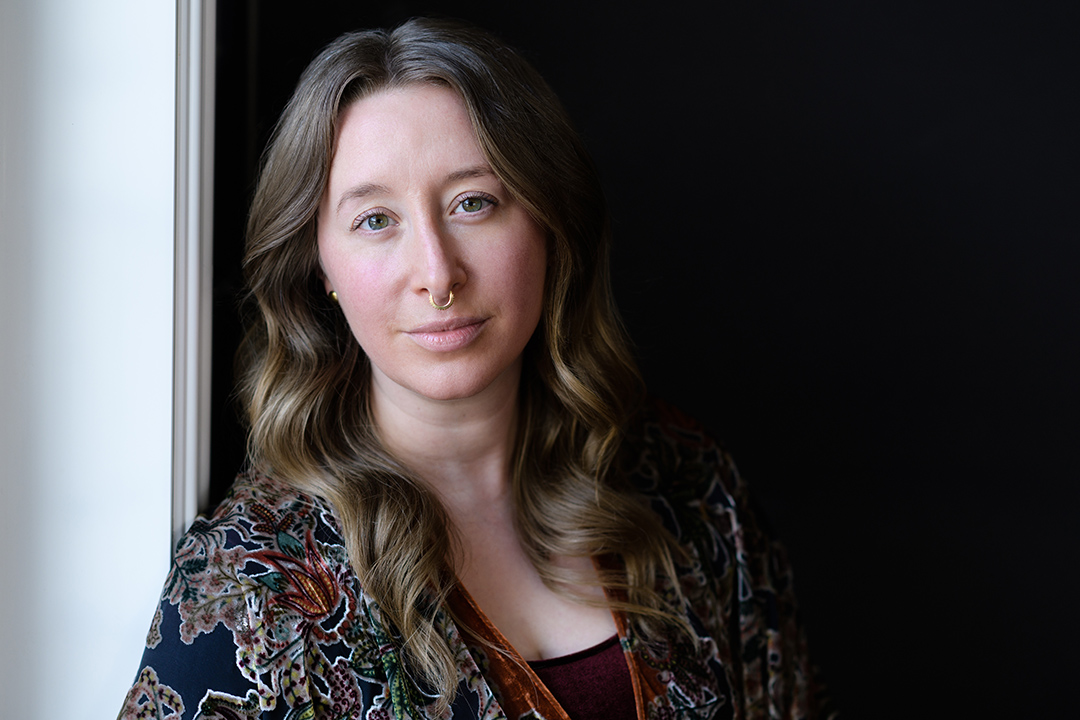
#MeToo movement needs to be more inclusive—USask study
The students in the study thought social media could counteract outdated messages from mainstream media and is key to promoting a positive cultural change in how people think about sexual consent.
By FEDERICA GIANNELLIUniversity students see the #MeToo movement as key to raising sexual assault awareness but think the movement needs to include minorities and gender-diverse people, a University of Saskatchewan (USask) researcher has found.
The study by USask psychology post-doctoral fellow Linzi Williamson, recently published in The Canadian Journal of Human Sexuality, is among the first peer-reviewed studies about the #MeToo movement, a pivotal moment in the advancement of gender equality.
After allegations of sexual assault against Hollywood producer Harvey Weinstein surfaced in 2017, actress Alyssa Milano brought the movement to the mainstream by encouraging people to share their stories of assault using the #MeToo hashtag on Twitter and Facebook.
“If you’ve been sexually harassed or assaulted, write ‘me too’ as a reply to this tweet,” Milano urged. The results were phenomenal.
But what many people may not realize, Williamson says, is that the movement was actually founded a decade earlier by American activist Tarana Burke as a non-profit forum for less privileged women of colour to discuss sexual assault experiences. Williamson’s study suggests this need for inclusiveness still exists.
Because university students experience relatively high rates of sexual assault compared to the rest of the population, Williamson decided to interview more than 50 USask undergraduate students on the role of the #MeToo movement and whether it can lead to social change.
“The students thought the movement mostly advocates for women,” said Williamson. “They perceived that men, transgender people, minorities, and Indigenous Peoples were largely excluded from the movement, especially in the Canadian context with the ongoing issue of missing and murdered Indigenous women.”
Williamson found that students identified the need to create safer spaces, both online and in real life, for people from ethnic- and gender-diverse groups.
“It is important to create a safe space where people don’t judge or dismiss these groups if they share their experiences of abuse—or re-victimize them by blaming them for what happened,” she said. “It is also important to raise awareness that assault is not always by men—women can be perpetrators too.”
The students thought social media could counteract outdated messages from mainstream media and is key to promoting a positive cultural change in how people think about sexual consent.
“The students thought that because the movement involves celebrities, it held powerful perpetrators accountable by having them face social and legal consequences, and that this might be a deterrent to non-consensual behaviors from others,” said Williamson.
Williamson said students viewed very positively the movement’s goals to raise awareness around sexual assault, rape culture and consent—goals which help to diminish the rates of sexual abuse and increase the number of convictions.
“Reading other people’s #MeToo stories online, many students realized that some of their experiences, which they initially dismissed, were actually cases of assault, harassment or rape, and they were able to understand why these situations were wrong,” said Williamson.
She said that a woman in the study was able to disclose a long-time abuse by her partner and was able to eventually leave the relationship because the movement gave her courage.
But students believed the movement requires more time to achieve real changes that can affect society.
“We need to educate people on consent and to fight rape culture more, and improve the legal process and support for those who decide to report perpetrators for sexual assault,” said psychology professor Karen Lawson, Williamson’s supervisor.
As part of USask’s commitment to sexual violence prevention, psychology professors Carie Buchanan and Lawson will offer a series of workshops about bystander intervention—how to safely intervene when sexual violence is occurring or likely to occur. USask also offers support to students who are victims of sexual assault through a series of resources.
Williamson receives part of her post-doctoral funding through the Saskatchewan Centre for Patient-Oriented Research. USask psychology post-doctoral fellow Melanie Bayly and former master’s student Evan Poncelet collaborated on her study.
Federica Giannelli is a CGPS-sponsored graduate student intern in the USask research profile and impact unit.
This article first ran as part of the 2020 Young Innovators series, an initiative of the USask Research Profile and Impact office in partnership with the Saskatoon StarPhoenix.

